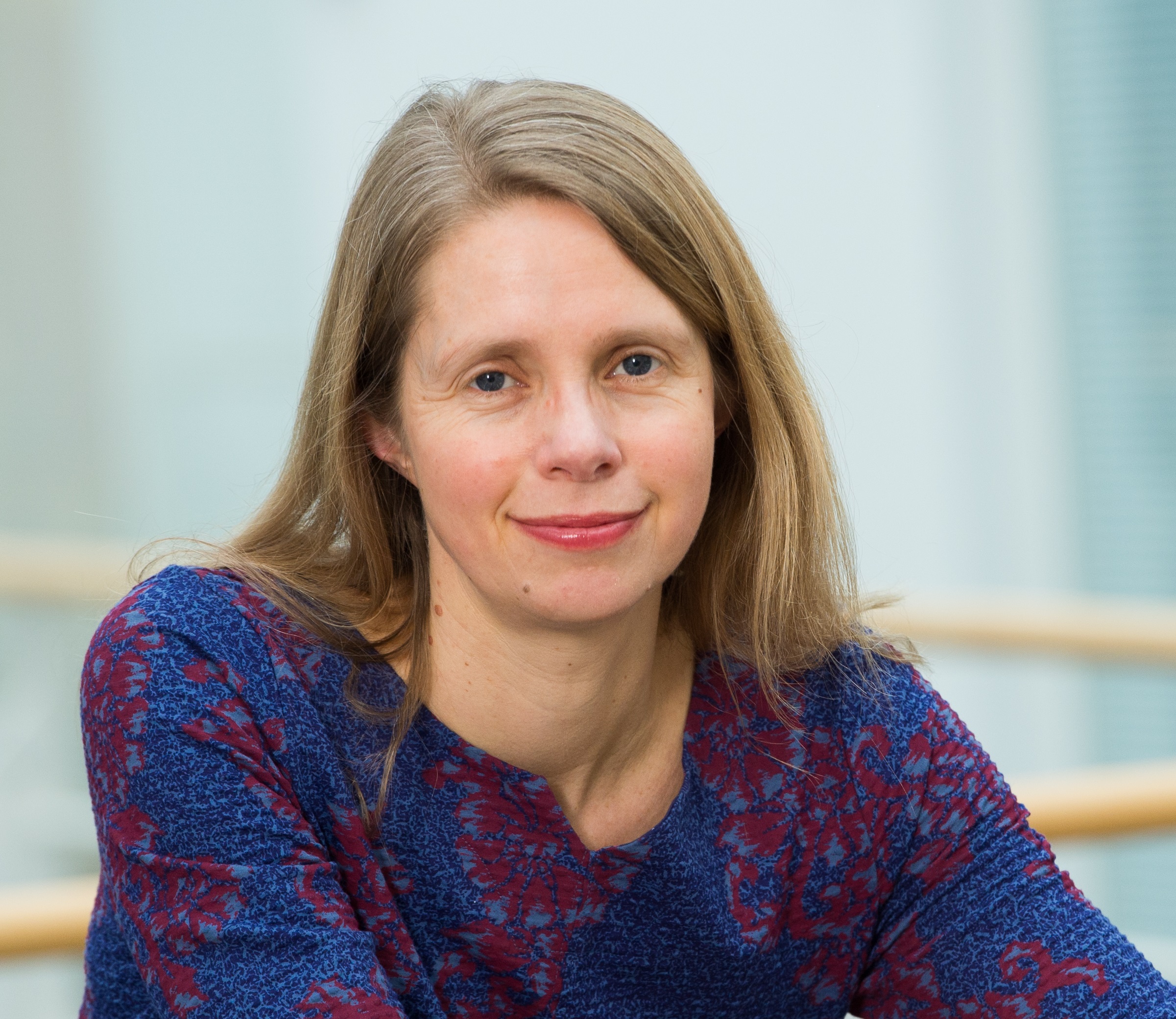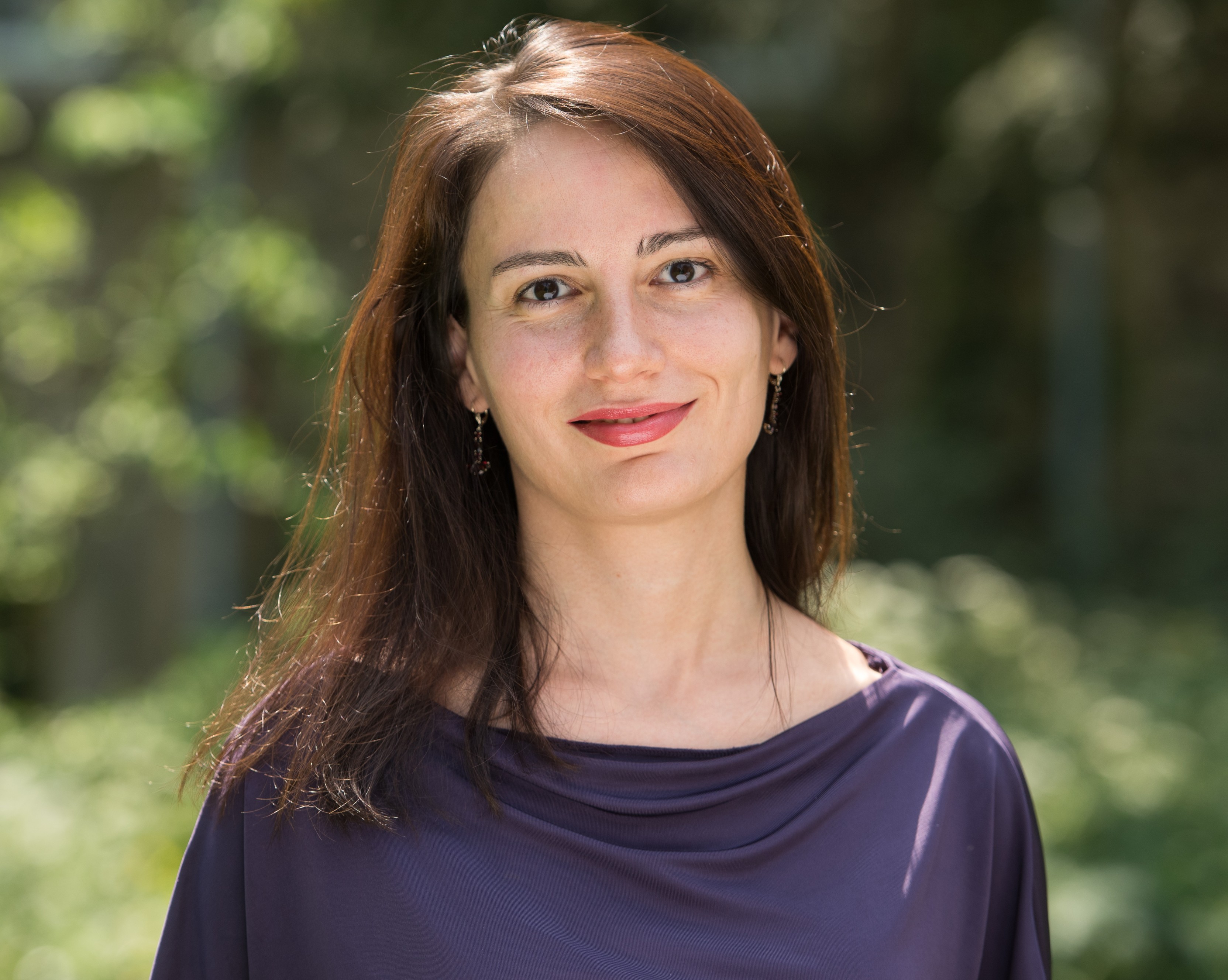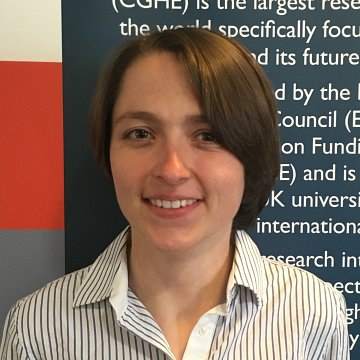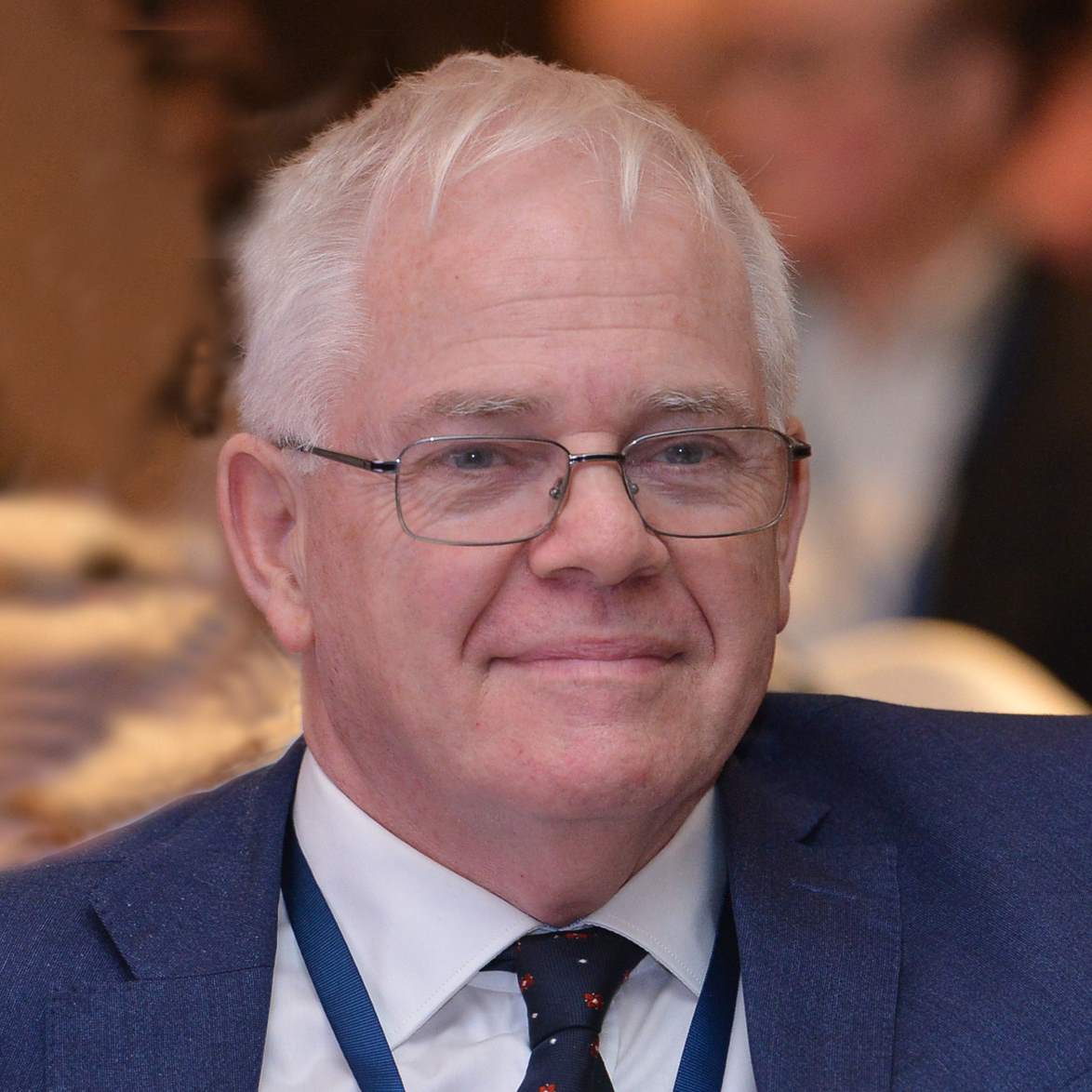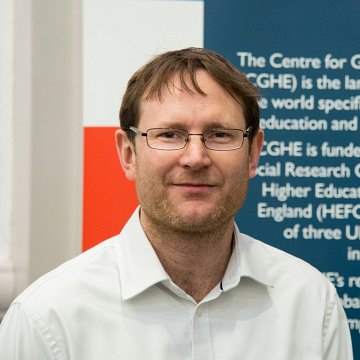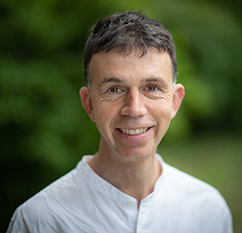CGHE seminar series – Breaking boundaries, making worlds: Making sense of the ‘international’ and ‘global’ in research on higher education

What is the international or global space in higher education and how do we understand it? Scholar-researchers apply a range of disciplinary lenses and methods. Geography plays a key role in many but not all studies of student mobility or global science. Others analyse these dynamics through an economic or policy studies or linguistic frame. Some are hunting for an elusive universal perspective, others are very mindful of national or cultural differences. Some are especially attentive to the challenges facing education in emerging countries. Some look for signs of their own country everywhere they look, others are fascinated by what they see as foreign exotica, others are post-colonial. Many who research ‘internationalisation’ as student mobility and other cross-border connections, or work on ‘global competences’, don’t necessarily research comparative education in a rigorous manner, or take account of the literature on development education. The interesting and productive differences between an ‘international’, ‘comparative’ and a ‘global’ perspective are rarely discussed.
These differences shape the contents and impacts of higher education research and scholarship. The contrary knowledge produced in this field shapes our global imagining in fragmented ways – is the diversity always fruitful? Should we work to develop a common view? This series will explore six different approaches to imagining and investigating international higher education, highlighting similarities and differences between them, and drawing the participant audience into active discussion.
Seminar 1: International development in higher education, with Maia Chankseliani and Tristan McGowan
Thursday, 14 November 2019, 12:00 – 14:00, Room 802, UCL Institute of Education
International development space in higher education
Maia Chankseliani
Higher education is a vibrant and growing field of studies within social sciences. Higher education scholarship frequently frames the subject of its study as ‘international’, ‘comparative’ or ‘global’ and in this respect overlaps with a sister field of comparative and international education. As a scholar working at the intersection of these two fields, I recognise that the following three spaces within the field of higher education studies – international, comparative and global – have never been clearly delineated. The diversity of spaces within the field of higher education can be explained, among other factors, by the eclecticism of the field that builds on the intellectual contributions from education studies, history, economics, sociology, linguistics, geography, business and management studies, political science, philosophy, anthropology, psychology. This presentation starts by offering a broad conceptualisation of the international (development) space within the field of higher education studies. An overview of definitional issues, that is embedded in the historical origins of the interest in international development, is followed by the explanation of key theoretical approaches, disciplinary lenses, main areas of research, and methodologies pertaining to international development higher education. Various actors working in this space and the academic publications covering the space are also overviewed. At the heart of international development higher education is the assumption that the world can be made better by human effort invested in higher education. The presentation examines this assumption by addressing the following three questions: What do we know on higher education’s contributions to international development? What kind of development? What kind of higher education institutions have been assumed to be central to development?
The higher education – international development nexus
Tristan McCowan
The relationship between higher education and the development of societies is commonly viewed as being straightforward and linear, with the former driving the latter at the individual level through human capital development, and at the collective level through advancements in science and technology. Yet these are just part of a series of complex relationships. This presentation starts by reviewing the state of play of existing theoretical and empirical literature on higher education in international development, before proposing new ways of framing the field. The main distinction is between the instrumental and constitutive roles of higher education. The former includes the economic rationales outlined above, but also a range of non-economic outcomes including the political ones of educating a critical and active citizenry. It is important to acknowledge that the causal relationship may go the other way, with development driving higher education expansion. Higher education also has a constitutive role when a world-class higher education system is seen to confer developed status, if it is seen as upholding human rights or being part of human development. While the above assume a positive relationship, it is also important to acknowledge potential pernicious influences, such as exacerbation of inequalities and fostering of conflict. However, the most elusive and potentially most generative role of universities is in contributing to deliberation over and construction of our very conception of what development is. These ideas will be illustrated through a range of examples from Latin America and Sub-Saharan Africa, and an assessment of the policies of influential international organisations. The implications of these heterogeneous roles for contemporary supranational and national policy in higher education will also be drawn out.
Seminar 2: The global and the post-colonial, with Simon Marginson and David Mills. Chaired by Xin Xu
Thursday, 21 November 2019, 12:00 – 14:00, Room A, Department of Education, University of Oxford
What is ‘global’ higher education?
Simon Marginson
What is the global in higher education and how does it relate to the national domain where institutions and persons are primarily funded and ordered? To grasp this we need to set aside some common assumptions. First, the global and the international are not identities, or ‘dimensions’ integrated into the ‘purpose, functions or delivery’ of education in one university or nation. They can only exist as relationships. Second, global relations are understood in terms of connectedness – people, institutions and ideas crossing borders – but while connections are certainly part of the picture, to define the global in this manner leaves us stuck at the rim of the ‘national container’. We need a way of imagining the global in higher education that brings it into open view, enhances its potential value and interrogates relations of power within it (relationships are not always symmetrical), even while national and local phenomena can also freely appear. The paper will argue that the global is most usefully understood in terms of relational systems at the world and world-regional level, and globalisation as the process of integration on this scale. Just as national higher education is a process of nation-state building, globalisation in higher education and science is a process of world-building. Global systems are partial and uneven, but higher education – especially its knowledge-intensive components – is among the most global of all human activities and constitutes a form of global civil society.
From anti-colonial to post-global and back again: Geopolitical imaginaries and the study of ‘global’ higher education
David Mills
For anticolonial nationalists like Kwame Nkrumah and Nnamdi Azikiwe, the post-war British ‘Asquith’ university colleges represented a second colonialization of the African continent. Instead, Nkrumah argued, such universities, once planted, should ‘take root amidst African traditions and cultures’. These early postcolonial critiques shaped the evolution and Africanisation of universities like Makerere and Dar-es-Salaam. Contemporary visions for ‘post-developmental’ higher education, ‘pluriversities’, or knowledge decolonisation also seek to redefine the contours of higher education systems. In order to understand the influence of these contested geopolitical imaginaries on the field of ‘global’ higher education studies, this paper explores the relationship between policy scholarship, epistemic politics and disciplinary loyalties.
Seminar 3: International mobility and comparative education, with Rachel Brooks and Ariane de Gayardon. Chaired by Paul Morris
Thursday, 16 January 2020, 12:00 – 14:00, Room 102, UCL Institute of Education
Constructing the ‘international’ space in studies of international student mobility
Rachel Brooks
While many studies of the cross-border mobility of students for higher education have, ostensibly, been international in focus, they have often tended to focus on particular parts of the world. Likely informed by researchers’ own geographical locations, such studies have typically foregrounded East to West mobility – contending that the majority of this movement has been driven by the emergence of a new middle class in Asia and the corporatisation of universities in the Global North. Similarly, within much extant research, mobile students are often positioned as transnational actors, familiar with international travel and comfortable operating across different cultural contexts. This paper draws out some of the implications of this way of understanding international student mobility, noting the relative neglect of engagement with relevant bodies of work on comparative education and within development studies. It also, however, argues that a more nuanced view of mobile students is emerging, which pays attention to diversification in both the geography of cross-border movement and the social characteristics of the individuals involved.
The state of comparative higher education
Ariane de Gayardon
This presentation will give an update of the state of comparative higher education today. It will discuss the importance of the field in a world that continues to globalize and where international competition has become prevalent – driving national and institutional strategies. At the same time, it will reveal the paradox of comparing systems whose missions and designs are culturally, historically and socially embedded, addressing the still unresolved contradiction between global and local in the 70-year old comparative higher education research field. Finally, this presentation will question whether comparative higher education really is a research field of its own standing.
Seminar 4: Similarities and differences, a panel discussion with Rachel Brooks, Maia Chankseliani, Ariane de Gayardon, Simon Marginson, Tristan McCowan and David Mills
Wednesday, 22 January 2020, 12:00 – 14:00, Room G, Department of Education, University of Oxford
How should we understand international and global higher education – who is right, who is wrong and what do YOU think?
Panel discussion
Fields of knowledge are a swirling, fluid and ever-changing combination of different ideas, old and new, with overlaps and breaks between them. The final seminar in our series brings together the six speakers from the preceding weeks into a panel format where they will exchange with each other and with an active participant audience. Speakers will each succinctly summarise the perspectives, frameworks and theories with which they understanding international and global higher education, noting the similarities and differences between them. Two members of the participant audience who have been active in discussion in the preceding weeks will comment and the discussion will flow from there.
Booking
All seminars are free and open to the public. No advance booking required.

